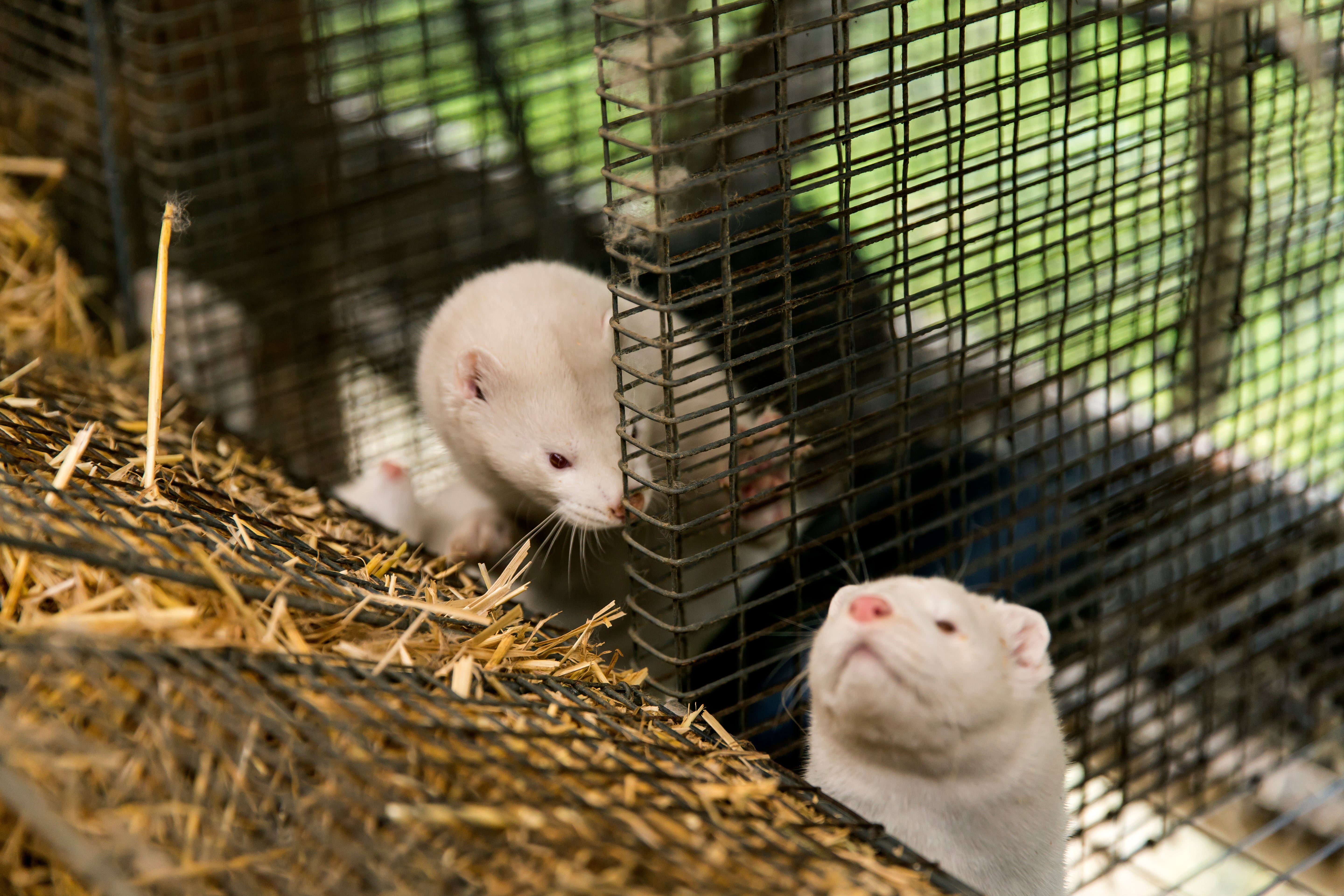Your support helps us to tell the story
From reproductive rights to climate change to Big Tech, The Independent is on the ground when the story is developing. Whether it's investigating the financials of Elon Musk's pro-Trump PAC or producing our latest documentary, 'The A Word', which shines a light on the American women fighting for reproductive rights, we know how important it is to parse out the facts from the messaging.
At such a critical moment in US history, we need reporters on the ground. Your donation allows us to keep sending journalists to speak to both sides of the story.
The Independent is trusted by Americans across the entire political spectrum. And unlike many other quality news outlets, we choose not to lock Americans out of our reporting and analysis with paywalls. We believe quality journalism should be available to everyone, paid for by those who can afford it.
Your support makes all the difference.The mutant strain of coronavirus born in Denmark’s mink farms has probably been eradicated, the country’s health ministry has said.
Authorities in Denmark ordered the extermination of 17 million mink being farmed across the country last month after it discovered dozens of people had been infected with new forms of Covid which had come from mink.
There were fears one particular mink strain, known as Cluster 5, could impede the effectiveness of future vaccines as it was more resistant to the protective antibodies against the virus.
However, following the mass cull, Denmark’s health ministry said in a statement it believed it had managed to wipe out the mink strain entirely.
“No further cases of mink variant with Cluster 5 have been detected since 15 September, which is why the State Serum Institute assesses that this variant has most likely become extinct," the statement said.
Experts from the World Health Organisation had said outbreaks of coronavirus at mink fur farms were concerning, given the weasel-like creatures were good hosts for the virus, which could easily evolve while circulating through the tightly-packed farms before jumping back into humans in a more dangerous form.
Denmark is one of the world’s largest fur producers exporting the majority of its products to Asian markets. Multiple strains of mink-related coronavirus were found on 207 out of the country’s 1,139 fur farms, leading to a 250,000 people living in the North Jutland region where most farms are located to be placed under a stricter lockdown.
As infection rates are now dropping there, the health ministry also announced it would ease restrictions.
It is estimated that the swiftly-imposed cull of all mink will cost the country about £600m and has also sparked a political scandal.
On Wednesday, the food and agriculture minister resigned after the government admitted it had not passed the necessary legislation before ordering the extermination of the nation’s mink.
This constitutional breach has prompted some opposition parties in Denmark to call for prime minister Mette Frederiksen to also step down.
So far, Ms Frederiksen has resisted demands for her resignation but has apologised. She was due to meet Queen Margrethe for the traditional presentation of her new government, but has had to cancel after a member of her family tested positive for coronavirus.
The prime minister, who heads a Social Democratic-led minority government, said both she and the outgoing agriculture minister Mogens Jensen, who had been with Ms Frederiksen yesterday to offer his resignation, would not go to the palace to see the Queen “out of an extra precautionary measure”.



Join our commenting forum
Join thought-provoking conversations, follow other Independent readers and see their replies
Comments